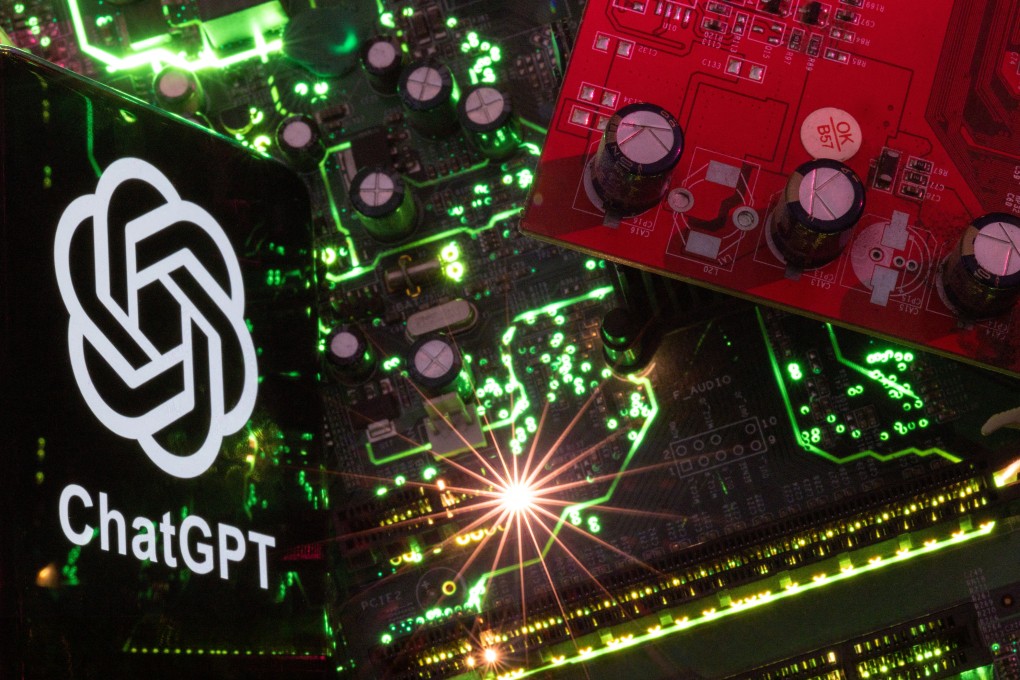My Take | Man vs machine: we are a long way from real artificial intelligence
- Before you buy into the ChatGPT hype, perhaps you should first listen to the criticism of current AI by some eminent philosophers

Do philosophers ever have anything to offer investors? I know it’s a strange question, but when it comes to artificial intelligence (AI), it turns out that those who work under the intellectual umbrella of cognitive science, linguistics and philosophy of language have a lot to say. For shorthand here, I will refer to such researchers simply as “philosophers”. One reason is that the towering intellectual figure Noam Chomsky, whom I will discuss below, has revolutionised all three disciplines.
Hot new tech has a tendency to blow bubbles among investors. It’s primed for hype and speculation. Its promoters usually overpromise and underdeliver, even if the underlying innovation eventually pans out such as the internet and e-commerce, but not before the dotcom bubble and its spectacular bursting. Often, though, they don’t even deliver. Cryptocurrencies, anyone?
At the moment, AI is all the rage. Thanks to ChatGPT, the machine-learning programme that promises to revolutionise AI, some people are claiming the imminent arrival of long-promised machine intelligence that will rival, if not supersede human intelligence, or what people in the trade sometimes call general AI. No wonder the largest IT firms, and some of the world’s biggest private equities and venture capital investors, are pouring money into AI companies like there is no tomorrow.
It won’t be the last time that a new tech is promising to be the next big thing while captivating the imagination of the public. Here, philosophers may help put a brake to the overenthusiasm. It also won’t be the first time philosophers have helped to dampen public expectations in the history of AI.
ChatGPT interacts with users using natural-like language. So if you ask it a question, say, “Why do some people reject the theory of evolution?”, it could come back with a short answer, or an essay-length reply. That has created the impression of a human-like intelligence, but is it?
In May, Elon Musk, sometimes the world’s richest man, tweeted: “2029 feels like a pivotal year. I’d be surprised if we don’t have AGI [artificial general intelligence] by then.”
